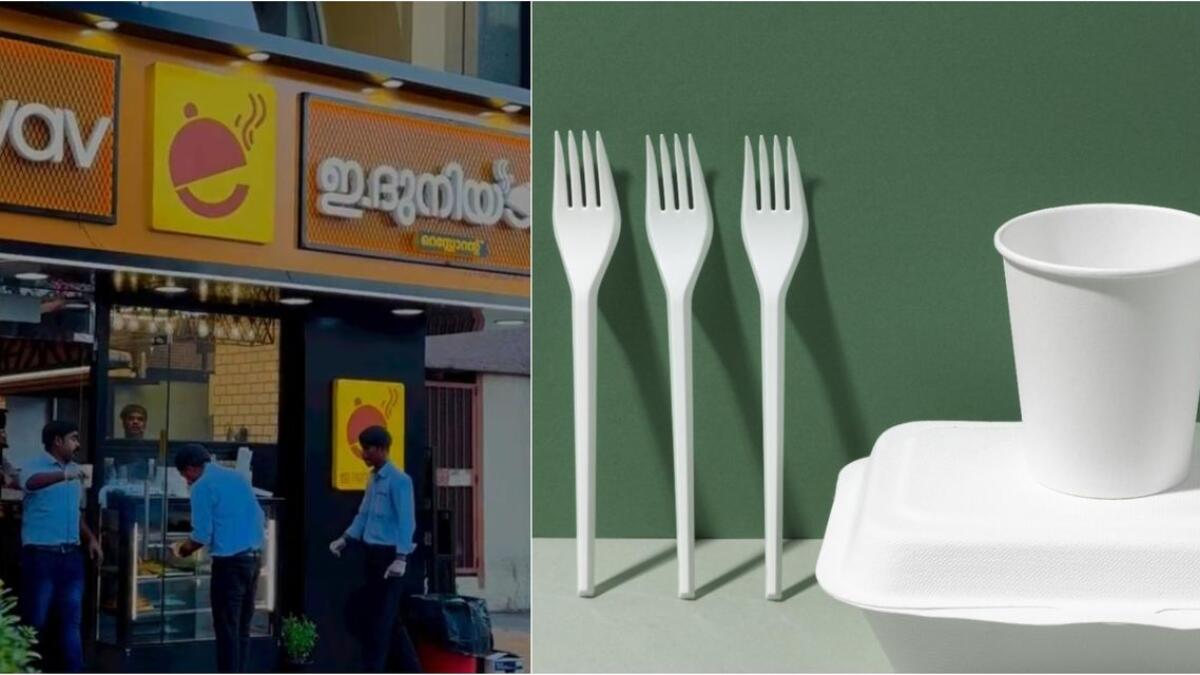The recent ban on single-use Styrofoam products in Abu Dhabi has stirred a conversation among restaurant owners about the implications of this move. For Mohammed Anwar, owner of Dallas restaurant, the ban has led him to gradually phase out Styrofoam cups from his establishment, citing concerns over harmful chemicals. This decision has economic implications for his business, as Styrofoam alternatives such as paper cups and aluminum containers are more expensive. However, Anwar has adjusted his prices over the years to reflect this change, while acknowledging that smaller establishments may face challenges in raising prices if they switch to alternative products.
Satheesh Kumar, Managing Director of Notebook restaurant, sees the ban as a step in the right direction and supports the move towards using paper cups and other alternatives. Many restaurants in the UAE have already adopted non-Styrofoam products, making the transition smoother for the market. Exceptions to the new rule include reusable storage boxes, coolers, and medical items, with most of the Styrofoam usage being associated with food containers. Ranees Najmi, managing partner of E-duniyavu restaurant, mentions that many restaurants are opting for aluminum and paper boxes for packing items like burgers and sandwiches, with a focus on branding and sustainability.
The Abu Dhabi Single-Use Plastic Policy, which was launched in May 2020, aims to reduce the consumption of disposable plastic items, with a complete ban on single-use plastic bags by June 1, 2022. As the awareness of sustainability grows, more people are transitioning towards using reusable crockery and eco-friendly packaging options. Satheesh mentions that cost is a key factor hindering the complete shift towards paper packaging, as they are exploring ways to manage expenses without raising food prices. Anwar highlights the preference of new-age customers for glass plates, indicating a shift towards reusable crockery driven by environmental concerns. Similarly, Ranees notes that customers are opting for glass cups, especially for tea, signaling a trend towards moving away from disposable crockery in restaurants.
Overall, the ban on single-use Styrofoam products in Abu Dhabi has prompted restaurant owners to reconsider their packaging choices and explore more sustainable alternatives. While the transition may come with economic challenges, many establishments are gradually making the shift towards eco-friendly options to align with the principles of environmental conservation. As the UAE market offers a variety of alternatives to Styrofoam, restaurant owners are adapting to meet customer preferences for reusable and environmentally friendly crockery and packaging solutions. The move towards reducing single-use plastics reflects a broader global trend towards promoting sustainable practices in the food and beverage industry, contributing to a more environmentally conscious dining experience.











